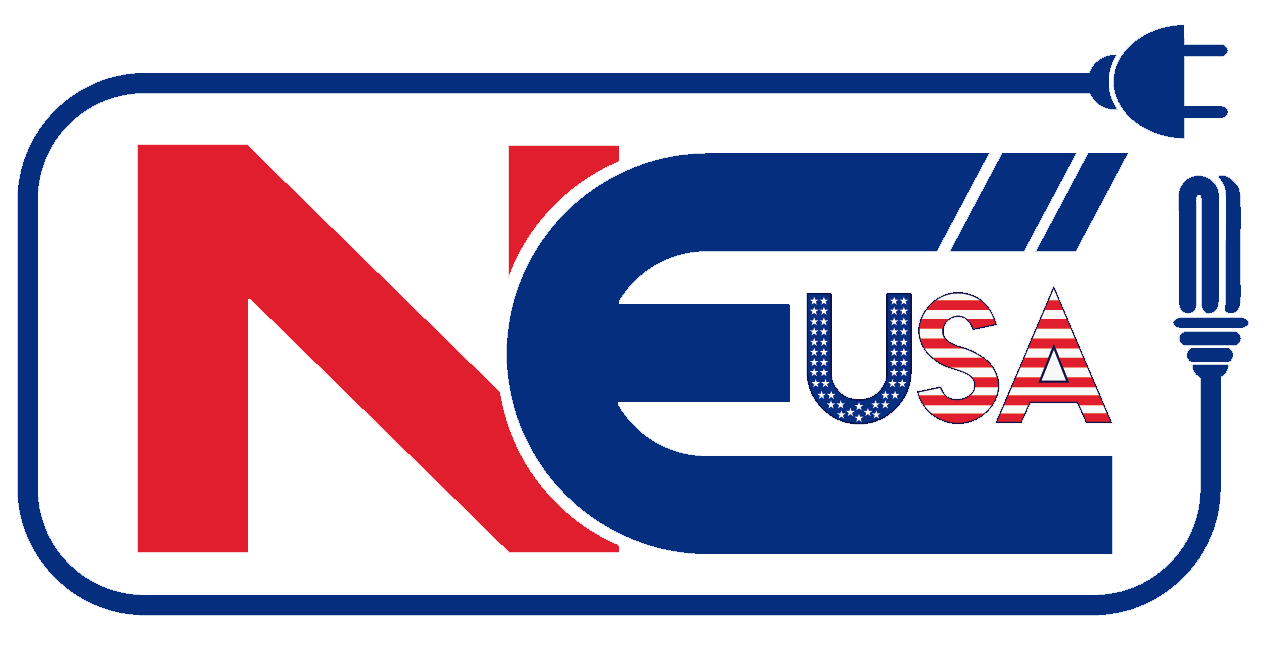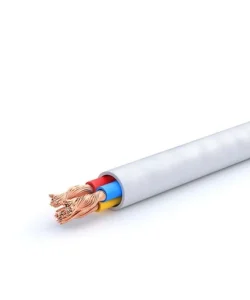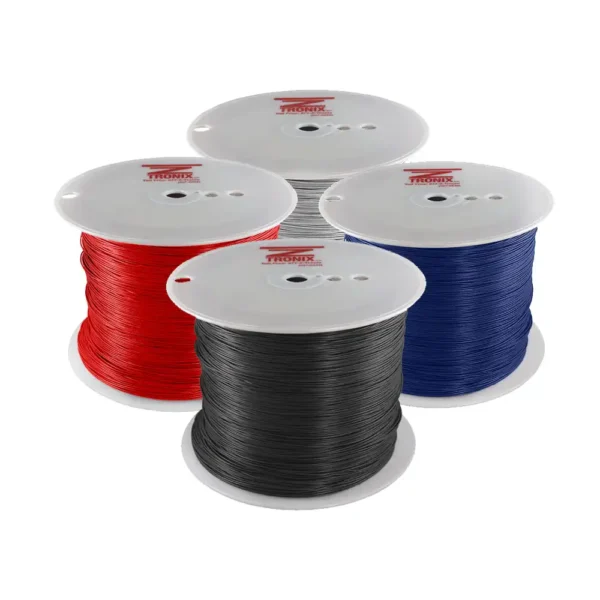What is PVC?
Vinyl plastic insulation is thermoplastic material that is fast stripping, resists oil, solvents, and ozone. The colors are bright and remain distinct after processing. With comparatively low costs to other materials, PVC wire & cables are the preferred choice for cable insulation and jackets.
Features & Advantages of PVC Wire & Cable:
The resistance to flames, oils and chemicals make PVC insulated cables ideal for a variety of different applications including low power and controlled uses. Meets VW-1 Vertical Wire Flame Test in many cases.
- Excellent flexibility properties
- Good resistance to temperature fluctuations & environment conditions
- Good chemical & abrasion resistance
Common Applications of PVC:
- Motors
- Transformers
- Fluorescent ballasts
- Switchboards
- Panels
- Controls
- Rectifiers
- Electronic circuits
PVC
Showing the single result
-
Building & Fixture Wire, Fixture Wire, TFFN
TFFN 16 AWG 26 Strand 75C 600V – Tinned Copper
TFFN 16 AWG Fixture Wire is constructed in stranded or solid, bare copper conductors. Its polyvinylchloride insulation makes it oil and water resistant, allowing it to pass the flame test. With a maximum temperatures of 105°C, as well as a rated voltage of 1000V, it’s ideal for use in the wiring of machine tools, appliances, control circuits, installation in conduit or other raceways and for new construction.
Min/Mult: 250/50
SKU: WTFFN1626-T


